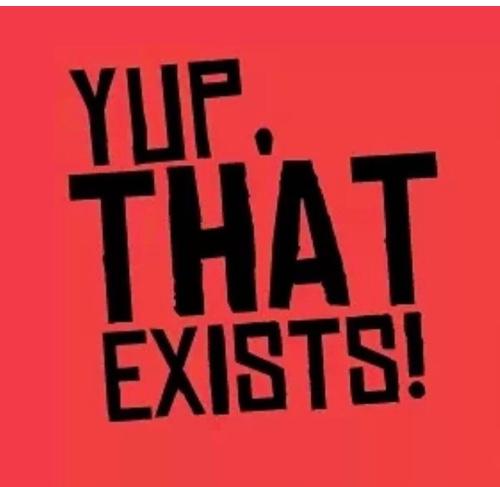

What is better: yep or yup?īoth “yep” and “yup” are informal words to mean “yes.”
#Yup or yep meaning free
It is informal and considered “slang,” so you are free to say it to your friends or someone you know who is easygoing and friendly. For example, you wouldn’t say it to your boss or someone in a senior position to you. While “yep” isn’t rude per se, it just depends on who you are saying it to and the context. Some native English speakers do not like the word at all because it can be misunderstood as you not wanting to have the conversation.

Using “yep” on its own sometimes sounds dismissive depending on how you use it. We avoid short “yes” and “no” answers by adding “do” or “have,” such as “yes, I do,” “no, I don’t,” or “yes, I have” or “no, I haven’t.”

Maybe it can be taken out of context to mean that you are not that interested in speaking about the topic. Here’s the thing, if you answer any question with a one-worded answer, whether “yes” or “yep,” it can seem a little rude. Some people think that saying “yep” sounds rude or disrespectful. “Has Netflix increased its price?” –“Yep! I’m afraid so!” Is yep rude or dismissive? “The boss gives us so much work to do!” –“Yup, I agree with you.”
#Yup or yep meaning movie
“Do you want to go to a movie tonight?” –“Yup! What time?” If you give a one-worded answer, like “yep,” “yes,” “yeah,” or “yup” it can sometimes come across as a little rude. Take note that in real conversations, it is better to give a longer response to show you are interested in continuing the conversation. The following examples show “yep” and “yup” in sentences. Yup is probably the most common of the two, and it’s used almost exactly like “yes.” It’s a casual way to say yes. Yup, and yep are both informal, but they’re used in different ways. Yup and yep are interjections, which means they are words that express emotion without being grammatically related to the rest of the sentence. Yup is probably the most common of the two. What’s the Difference Between Yep and Yup? “Were you happy with the report?” - “Yep.” (It doesn’t sound like a strong endorsement). I will call you after the football game.” - “Yep.” For example, it may be used to agree with someone but shows they are unhappy in a passive-aggressive manner. Sometimes people use it to show they are not happy about something. The word “yep” can be used in a rude way. According to Merriam Webster’s Dictionary, it is an informal way of saying “yes.” This word can be used in person or through text. In this post, we talk about the hidden meanings behind “yep” and “yup,” along with some examples of when to use it and “yep” synonyms. “Yup” and “yep” can be confusing words because they both seem like they should be the same word.īoth of them come from earlier versions of the word “yes,” but that’s about all that these two little words have in common.


 0 kommentar(er)
0 kommentar(er)
